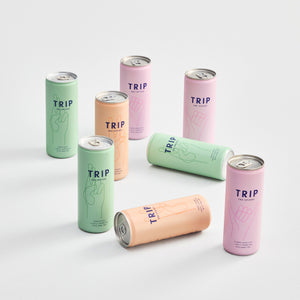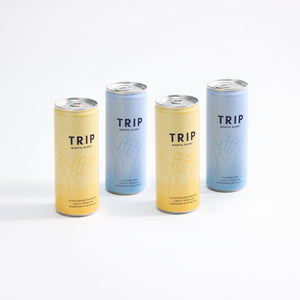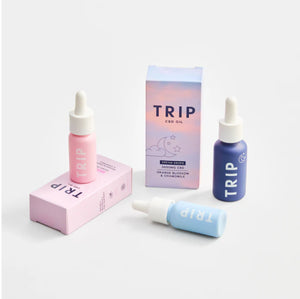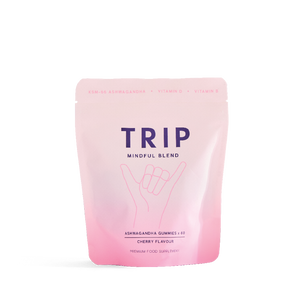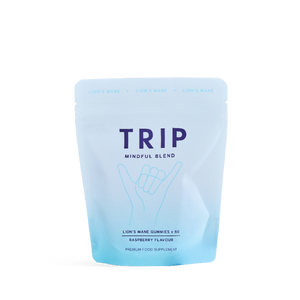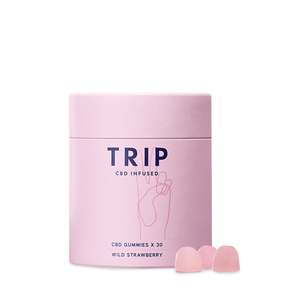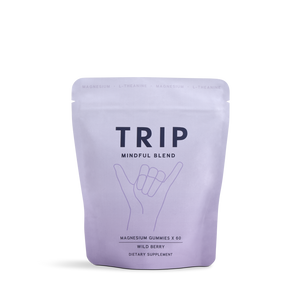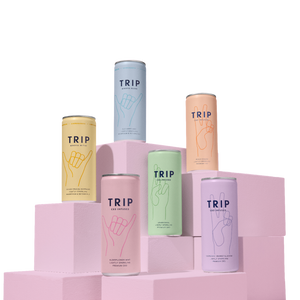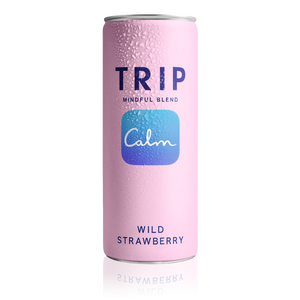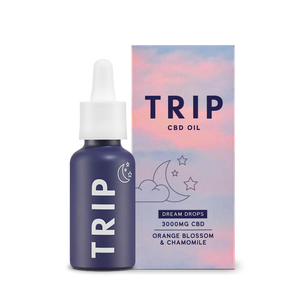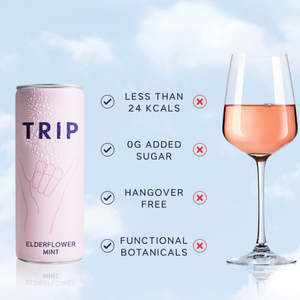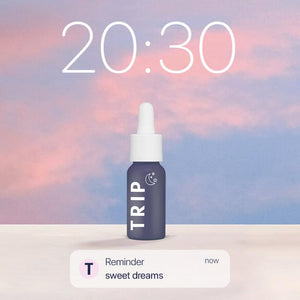What is cannabis oil?
Cannabis oil, which is sometimes also labelled as marijuana oil or THC oil, is an oil infused with cannabis extract. Because they have not been filtered in the same way as CBD oil, cannabis oils are often high in THC, the famous psychoactive part of the plant. It's typically derived from recreational cannabis rather than through well-regulated manufacturing processes.
How is cannabis oil made?
Cannabis oil is made by heating a carrier oil together with the cannabis plant, causing the oil to become infused with the key compounds of the plant. Cannabinoids like CBD and THC, the most widely known components in cannabis, are both hydrophobic, and don’t mix easily with water, so work best when absorbed into an oil in this way, since they straightforwardly bind with the fatty acid molecules.
There are a number of carrier oils which are used to make cannabis oil, but MCT oil, coconut oil, and olive oil are the most widespread. Both have strong natural antimicrobial properties.
Does cannabis oil get you high?
Since cannabis oil contains the psychoactive compound THC - sometimes as much as 90% - it has a similar effect to taking cannabis in other ways, and creates the feeling of a high. In fact, it can create a high four times more potent than smoking the cannabis plant.
Is cannabis oil illegal?
In the UK, cannabis is classified as a class B drug. This means it is illegal to have it, take it, or sell it. Of course, this includes cannabis oil, since this kind of oil has THC content and products that contain THC are illegal in the UK.
This is distinct from CBD, which has been legalised in the UK. CBD oil which has no more than 0.2% THC content is completely legal in the UK.
Because of the distinction between CBD and THC, the government issues licences for the cultivation of cannabis plants with a low amount of THC.
“The Home Office only issues licences for cultivation of plants from approved seed types with the THC content not exceeding 0.2%. The 0.2% reference is used solely to identify varieties which may potentially be cultivated, within the scope of this policy, and to differentiate between the fee level applicable under the Misuse of Drugs (Fees) Regulations 2010”.
Is cannabis oil good for you?
Because it contains CBD, cannabis oil does have some therapeutic properties as CBD oil. However, the THC content means that - even if it were legal - there are a large number of risks associated with cannabis oil.
Benefits of cannabis oil
Both cannabis and CBD oil are thought to have excellent anti-inflammatory, antimicrobial, and antioxidant properties. Recent studies have shown that ‘cannabinoids have the ability to reduce fine lines and wrinkles, soothe redness and irritation, and rebalance skin.’
Side effects and risks of cannabis oil
There are a wide range of side effects of cannabis oil, most of which are related to its THC content. Generally, the more THC the product contains, the greater these risks are.
They include:
- Distorted senses (colours and sound etc.)
- Reduced reaction times
- Impaired coordination
- Increased heart rate
- Memory loss
- Anxiety/paranoia
- Psychosis
- Addiction
What is CBD oil?
Cannabidiol - more commonly known as CBD - is a non-psychoactive chemical compound found in hemp plants. It gets to work in the body by interacting with the endocannabinoid system, a network of cells and neuroreceptors that help regulate your mood, energy, and immune system. It is believed to have been first used medicinally for thousands of years.
CBD oil is one of many ways of taking CBD, among drinks, sprays, gummies, and other CBD products. CBD oil is made from the flowers and leaves of the hemp plant through specialised extraction processes.
Being a soothing compound, many people wrongly assume that CBD oil is an addictive substance, but CBD doesn't contain tetrahydrocannabinol (THC), which is the psychoactive ingredient found in hemp that can get you high. This also means that CBD won’t show up on a drug test, as long as you’re buying from reliable and trustworthy brands. There are some unregulated CBD products out there which contain THC and would show up, but at TRIP our CBD oils are third party lab tested to ensure they are of the highest quality, purity, and efficacy.
Is hemp oil the same as CBD oil?
Another oil out there, which adds to the confusion, is hemp oil.
Hemp oil, or hemp seed oil, is distinct from both cannabis oil and CBD oil. It’s made from the cold-pressed extract from hemp seeds, and found in health food stores and certain supermarkets with other natural oils, such as sunflower oil, rapeseed oil, and olive oil. Unlike CBD oil or cannabis oil it doesn’t contain cannabinoids.
As well as being considered a superfood, useful for cooking and eating, hemp seed oil is also widely used in cosmetics and beauty products as it can moisturise and soften the skin.
Is CBD oil good for you?
As with anything, there are both pros and cons of using CBD oil to boost your wellbeing. The potential benefits are enormous, but there are also possible side effects to be aware of.
Uses and benefits of CBD oil
The great thing about CBD oil is that you get all of the benefits associated with cannabidiols without the risks - both physical and legal - of cannabis oil.
Because CBD interacts with the body’s endocannabinoid system, which is responsible for keeping the body in balance, many people are turning to CBD products as a remedy for various mental health issues. While more research needs to be conducted to determine all potential benefits of CBD, and it’s still always a good idea to check with your doctor before starting a new daily routine, what’s already known about the benefits of CBD oil is promising.
Because CBD interacts with the body’s endocannabinoid system, which is responsible for keeping the body in balance, many people are turning to CBD products as a remedy ‘for various mental health issues’.
Some studies have suggested that taking CBD can help to soothe anxiety and prevent these symptoms. This research, carried out on individuals with social anxiety disorder, revealed that ‘CBD significantly reduced their anxiety and discomfort’.
A different study, published in the Journal of Pain Research, reported that ‘CBD may help reduce chronic pain by affecting endocannabinoid receptor activity’.
A third possible benefit of adding CBD into your daily routine is that it can improve sleep and allow for a better night of rest. Research has suggested that CBD oil has the potential to be an effective solution for improving the quantity and quality of sleep. A study of the effects of CBD on sleep at the University of Colorado reported that 66.7% of test subjects saw an improvement to their sleep after using CBD.
While more research needs to be conducted to determine all potential benefits of CBD, and it’s still always a good idea to check with your doctor before starting a new daily routine, what’s already known about the benefits of CBD oil is promising.
For more info, check out our CBD oil guide.
Side effects and risks of CBD oil
Although the potential benefits of CBD are enormous, and it does not cause addiction in the same way that cannabis oil can, it may infrequently cause adverse reactions in certain people.
Side effects occasionally include:
- Diarrhoea
- Reduced appetite
- Changes in weight
- Fatigue
- Dry mouth
- Gastrointestinal problems
- Mood changes
These are not typical, and where they do occur are mild, as the FSA reports that CBD is generally tolerated well by most individuals in varying quantities. Like caffeine or alcohol, dosage varies person to person, so it can be a case of trial and error to determine what works best.
CBD can interact with several medications, so before you try CBD oil, do feel free to discuss it with a healthcare professional to discuss an appropriate dosage and any other medical questions you may have.
When searching for the right CBD product, choose one that has been third-party tested for quality and purity, like TRIP.
Is CBD oil safe?
CBD oil is completely safe, and therefore totally legal in the UK. Most large health food stores and supermarkets will stock CBD oil, as the demand for it continues to grow.
Nevertheless, because everyone is different, if you're considering using CBD oil for the first time, it might be worth speaking to your GP. This is particularly important if you have any pre-existing medical conditions or if you are taking any specific medications. CBD is also not recommended for pregnant or breastfeeding women.
Cannabis oil vs CBD oil: which to choose?
Unlike cannabis oil, which remains illegal in the UK, the potential benefits of CBD oil mean that it remains incredibly popular. Why? Because it’s easy to take, easy to incorporate into your routine, and easy to adjust to make it work for you.
Now, if you still need help working out, which is the best CBD oil for you, TRIP has two delicious flavours which might just be the perfect solution.




